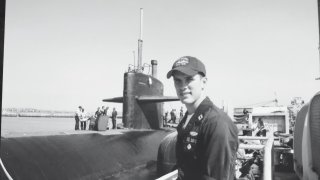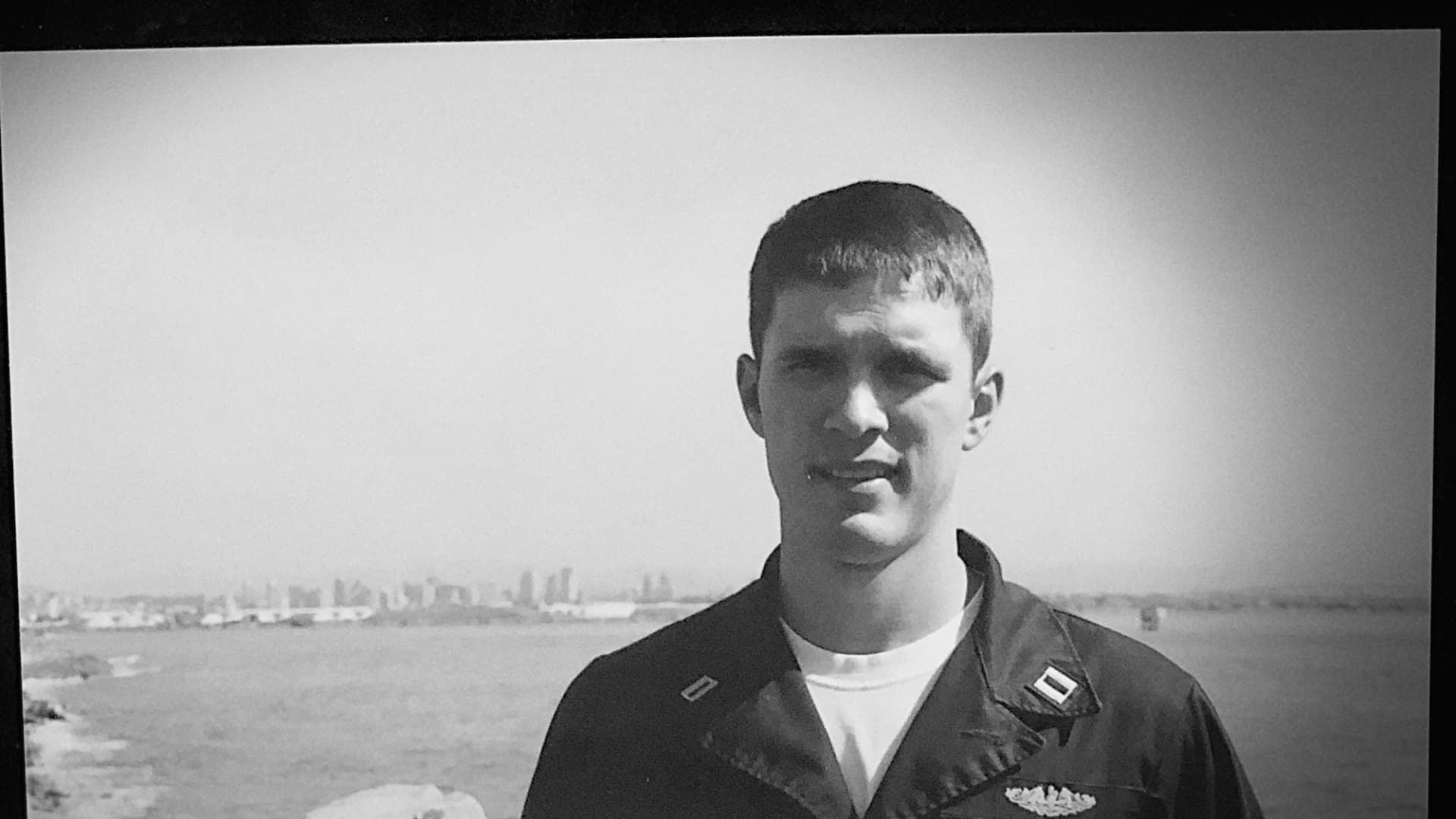
Wes Slagle, region head for Goldman Sach's Mid-Atlantic Private Wealth Management unit, says he has "a pretty demanding job." But he says his previous career as a nuclear submarine officer in the United States Navy prepared him for it.
"I learned a lot of lessons through the school of hard knocks, which are sometimes the best teachers," Slagle tells CNBC Make It.
Slagle, 40, and a father of three, says the experience of working on a fast attack nuclear-powered submarine was "very taxing" on his personal life because of the time spent away, but it was a "fantastic leadership opportunity."
After graduating from United States Naval Academy in 2002, Slagle spent five years as a naval officer, three of which were aboard USS Helena (SSN-725), a fast attack nuclear-powered submarine, according to the Navy's website.
Get South Florida local news, weather forecasts and entertainment stories to your inbox. Sign up for NBC South Florida newsletters.
"At a very young age, I was responsible for a nuclear reactor," Slagle says.
And "whenever it was my turn to stand watch, I was the officer of the deck. I was the person on the periscope or in the bridge navigating the ship trying to keep 160 people safe while trying to accomplish missions that were very important for our national security," he says.
Though working at Goldman Sachs isn't the same type of "pressure cooker" as it was being on the submarine, there is still a lot of pressure and competition that comes with working at one of the largest investment banks in the world.
Money Report
"We are still working with very complex and sophisticated clients," Slagle says. "And it's a very competitive marketplace, so the pressure is real."
Here are the lessons Slagle learned about leadership in the Navy that have helped him succeed.

'There's no one person'
Though it may seem obvious, Slagle says teamwork is one of the most important skills you can develop whether you working on a submarine or trying to climb the corporate ladder.
"Even if you had the most courageous and inspirational commanding officer possible, that one person cannot physically do all the tasks that are required to take the ship to sea and to submerge it and to accomplish the mission right," Slagle says.
Instead it takes an entire crew, with each person focused on a certain part of the mission — just like in the office.
At Goldman, if someone tries "to do it all themselves," says Slagle, "there's just no way that the client can be served as well as they could be and should be."

'No substitute for hard work'
The Navy teaches pretty early on about the value of hard work, Slagle says. There's no taking time off until the mission is accomplished. Period.
"You have got to lean in and work really, really hard with not a lot of rest," he says.
Slagle says in order to get a new client (or keep one), it requires all of his advisors to bring their "A-game every single day."
"They can't take the proverbial holiday on the relationship," he says.
'A collective sense of accountability'
The best and most successful cultures are those where "there's really a collective sense of accountability," Slagle says.
Whether you are on a submarine or in a boardroom, it is important to hold your co-workers to a very high standard, no matter your title or status, and vice versa.
At Goldman, for example, Slagle says there is no such thing as someone being "too junior to make an impact or too senior to not be able to learn from and really benefit from something that a junior person brings to the table."
As a leader, Slagle says he tries to reinforce this with his team to ensure everyone is contributing and being heard.
In fact, the best way for someone to advance in their career is not to be overly focused on pleasing their boss, but to instead focus on the people that report to you and are looking to you for leadership.
"At every point in my career, whether it be in the Navy or a year at Goldman, I have just found that the more attention, time and effort that I apply to the junior people and helping to bring them up to my level or just to help them advance in their careers, the ship operates better," he says.
So Slagle often gives people the advice of "looking behind them" instead of forward, to find people who they can help "pull up." By doing that, he says it will help you create a better team and ultimately help you get noticed at work.
Don't miss: Best credit cards for Black Friday and Cyber Monday shopping of 2020
Ray Dalio’s meditation teacher on the ‘game changer’ tweak he made to daily his routine
How a 20-something waiter made millions creating Pictionary: ‘I had no idea what I was doing’






